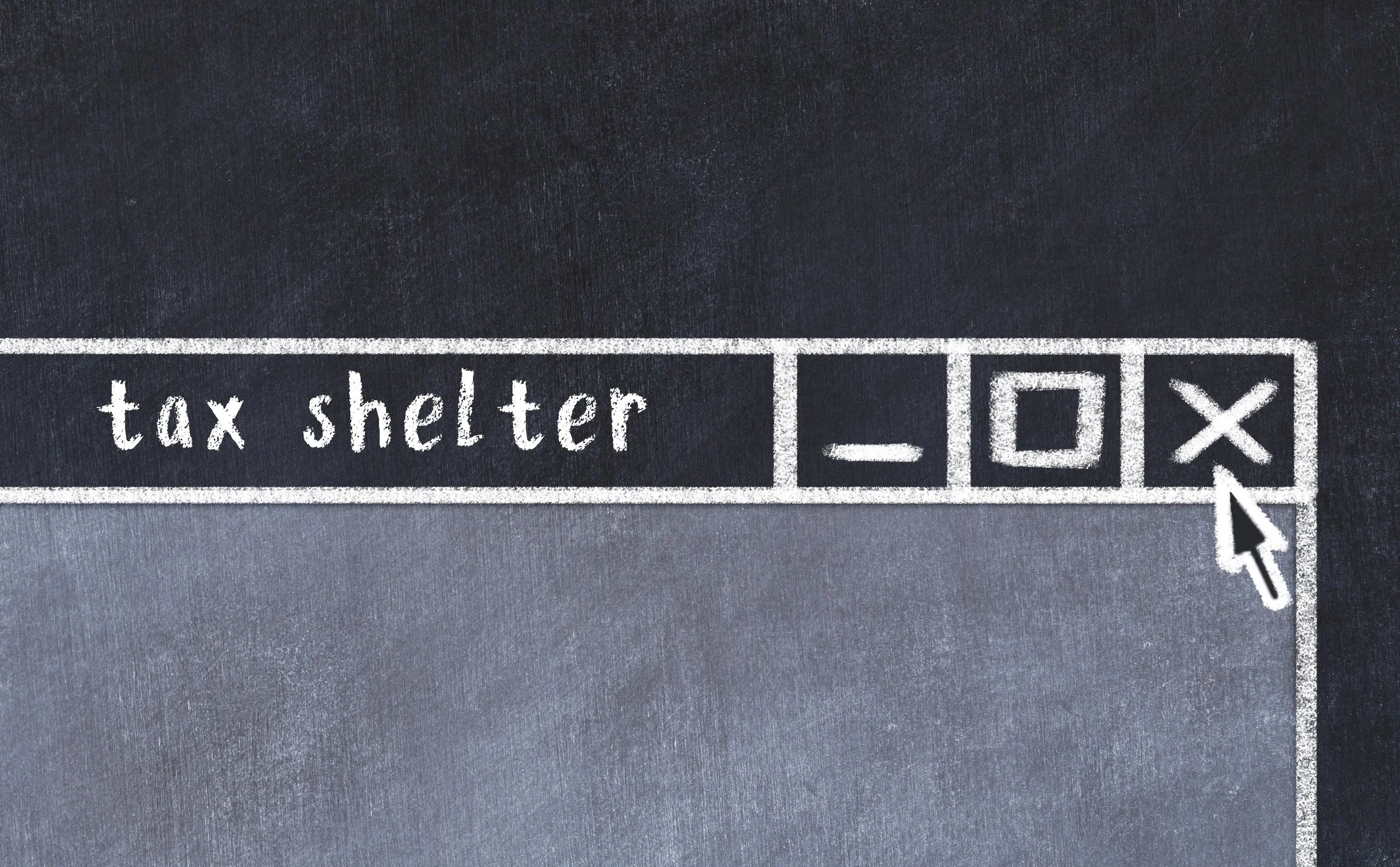Tax-Shelter Crackdown Uncovers a Dentist's 'Smile High Trust'
Tax fraud | Tax shelter | Trust | IRS | April 9, 2025
This Week's Quote: "Self-discipline is self-caring."
- M. Scott Peck
Ryan Ulibarri, a family dentist in Fort Collins, Colo., is in tax trouble that could take a big bite of his time and money.
In late August, a Denver grand jury indicted him on six criminal counts for using an “abusive-trust tax shelter” to hide more than $3.5 million of taxable income he earned from 2017 to 2022. He allegedly underpaid more than $1 million of tax over that period.
Now Ulibarri could go to prison for tax evasion, and he could also owe the Internal Revenue Service unpaid taxes plus interest and penalties. Ulibarri, who earlier this month pleaded not guilty to the government’s charges, declined to comment through his lawyer, Joshua Lowther of Lowther Walker.
While most Americans aren’t in the market for tax shelters, the allegations in this case are a reminder of what can happen when taxpayers ignore professional advice and common sense on taxes. They also show how easy it can be for people who want to slash their taxes to delude themselves.
“People see a complex structure and think, ‘This is what rich people do to reduce their taxes,’ ” says Bryan Skarlatos, a criminal tax attorney with Kostelanetz. “But a complex structure with no business purpose is often a sign of fraud to the IRS.”
Ulibarri’s indictment is the latest in an IRS crackdown on shelters involving tax-reducing trusts that the agency considers “abusive,” its term for transactions that violate the law. In March, the agency posted an unusual warning about them on its website. The post gives details of typical schemes and says the agency has “detected a proliferation” of them aimed at wealthy individuals, business owners and professionals like doctors and lawyers.
Then in April, an indictment charged six people with conspiring to promote, sell or administer abusive trusts—including Ulibarri’s. In May, an Arizona tax preparer pleaded guilty to preparing and filing over 500 fraudulent returns for about 60 participants in abusive-trust shelters sold by the same promoters. The preparer admitted to helping conceal about $60 million of income, costing the Treasury about $17 million.
These efforts are significant. In fiscal year 2023, the IRS referred only about 1,800 cases for prosecution. As a result, the agency must choose them carefully to deter scofflaws and maintain its record of winning about 90% of prosecutions.
Ulibarri’s indictment aids the crackdown by tying the scheme to a real taxpayer. It allegedly shows, step by step, what one person did to reduce his tax bills almost to nothing on the advice of a tax-shelter promoter.
Like many of us, Ulibarri probably didn’t understand the intricacies of trust taxation. Even so, the indictment describes actions that would give many taxpayers pause.
To begin with, he paid $50,000 for the shelter. The promoter assured Ulibarri he could wipe out a large portion of his dental practice’s taxable income, and the taxes on it, by routing it through a chain of three trusts and a charitable foundation. Each entity was the beneficiary of the one above it. The three trusts reduced their own taxable income to zero or close to it by taking deductions for “expenses” and disbursements to the entity in the chain below.
Using these trusts involved a major deception. The income within them would still be taxable to Ulibarri if he controlled and benefited from them. So he pretended that someone else controlled them when he actually did. That’s why the IRS called them shams and alleges that he’s guilty of tax evasion.
There were other deceptions. The indictment alleges the promoter provided Ulibarri with two versions of the trusts’ documents—a short version that participants could provide to banks to open accounts and such, and a longer version to be kept strictly confidential.
At a key point, Ulibarri apparently trusted the shelter promoter rather than an outside adviser. To get the income into the trusts, the promoter advised Ulibarri to put his dental practice into a limited-liability company. Then the dentist assigned about 90% of its income to his first-tier entity, the Smile High Trust.
When Ulibarri asked a CPA about the transfer, the accountant questioned whether the move was legal under Colorado law and called it “wacky.” But Ulibarri went ahead.
In addition, Ulibarri apparently believed that personal expenses such as his mortgage, car payments, medical expenses and credit-card bills were deductible by the trusts that paid them. In a note to a bookkeeper recommended by the promoter, he said, “As you know we have been handling all our personal expenses through the family trust.” (He was referring to the Title of Liberty Family Trust, his second-tier entity.) If deducting personal expenses were this simple, the Treasury would be short billions of dollars.
Finally, Ulibarri seemed to think that the law’s strict rules for spending by charities didn’t apply to the last entity in his chain, the Faith Hope & Trust Foundation. The indictment alleges that the foundation engaged in improper acts like lending funds to Ulibarri’s dental practice and paying for season tickets to a professional baseball team in Colorado, among other personal expenses.
Ryan Ulibarri hasn’t had his day in court, which is set for March, and by law he’s innocent until proven guilty. But his tax woes are a cautionary tale for anyone tempted by far-fetched tax-reduction schemes. They could cost you a lot more than just paying the tax.
Credit goes to Laura Saunders, published in the Wall Street Journal, September 27, 2024
Thank you for all of your questions, comments and suggestions for future topics. As always, they are much appreciated. We also welcome and appreciate anyone who wishes to write a Tax Tip of the Week for our consideration. We may be reached in our Dayton office at 937-436-3133 or in our Xenia office at 937-372-3504. Or, visit our website.
This Week’s Author, Mark Bradstreet

